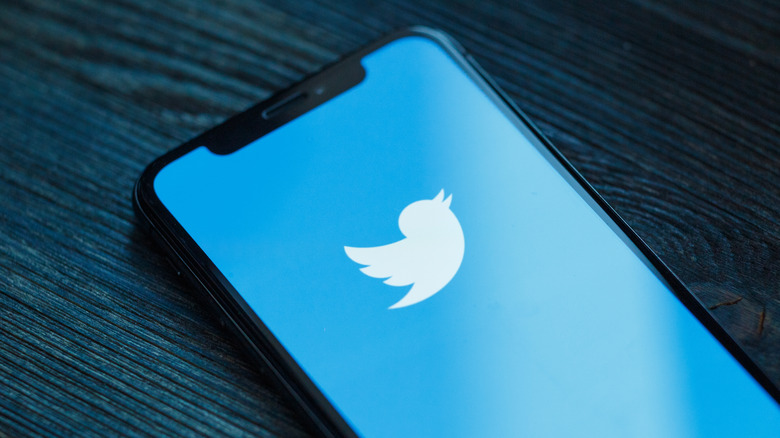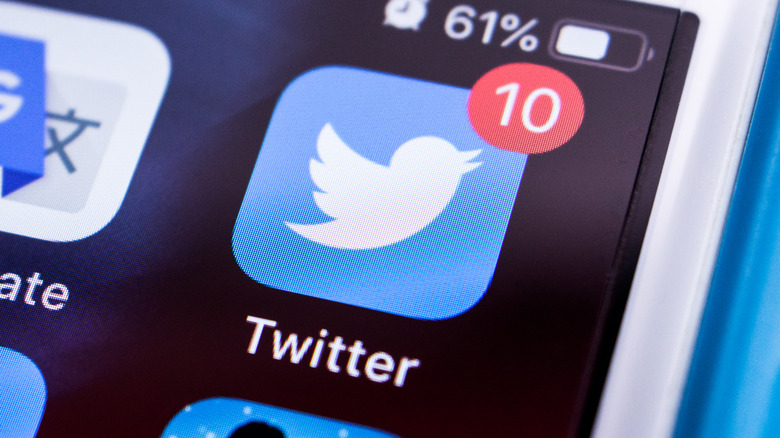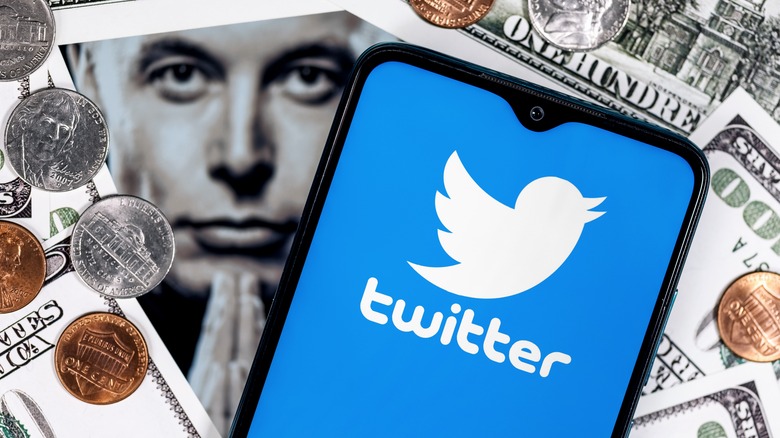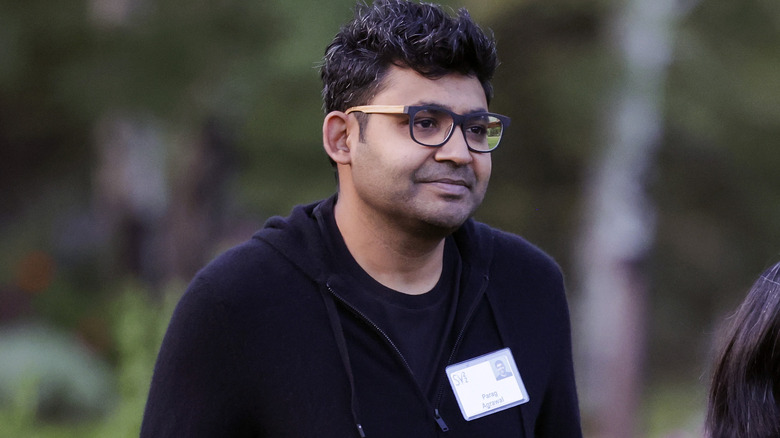This Whistleblower Might Help Elon Musk Kill His Twitter Acquisition
As the date draws closer for Elon Musk's court showdown with Twitter, a high-ranking former official has come forward with some damning claims that just might tilt the scales in favor of the billionaire. The whistleblower is Twitter's former head of security Peiter "Mudge" Zatko, who filed a complaint before the United States Securities and Exchange Commission (SEC) over alleged security lapses and vulnerabilities that Twitter supposedly chose to willfully ignore.
The complaint, which is currently being reviewed by the FTC, according to The Washington Post, claims that the company lied about its security standards to government officials. Additionally, it also alleges indiscriminate employee access to sensitive user data, failure to delete user data when it was deemed necessary, and even allowing the Indian government to force its "agents" among the ranks of Twitter's payrolled employees.
However, the most critical allegation is related to Musk's reluctance at finalizing the $44 billion deal over the platform's bot problem. Zatko claims that Twitter's method of counting bots is misleading, a rhetoric Musk has also repeatedly pushed in the past few months. The 84-page complaint (in redacted form) also states that instead of proactively deleting spam accounts, Twitter actually incentivized executives with fat bonuses to help increase the daily user count without caring if it was bot accounts or legitimate users.
The big bot problem allegations
Zatko, who is a well-known ethical hacker, says that executives intentionally buried the accurate bot count because they were worried that the revelation would harm the valuation and public image of the company. The complaint claims that when Zatko asked the Head of Site Integrity at Twitter about the prevalence of bots, he was told that "we don't really know."
Referencing a tweet in which Twitter CEO Agrawal mentioned that the team is "incentivized to detect and remove" as much spam as possible, Zatko claims in his complaint that it wasn't true. He also adds that the new monetizable Daily Active User (mDAU) metric was adopted by Twitter in 2019 to "avoid having to honestly answer the very questions Mr. Musk raised."
Twitter has repeatedly claimed that the total number of bots on its platform is less than 5% and that it routinely removes hundreds of thousands of suspicious accounts. However, the whistleblower says in his complaint that the overarching focus is on bringing in new users and that there's no effective system in place to measure and handle the problem at Twitter. Zatko blames it on "mostly outdated, unmonitored, simple scripts plus overworked, inefficient, understaffed, and reactive human teams."
How does this fare in Musk's favor?
Musk has centered his entire argument against Twitter around the platform's bot problem and how the company was allegedly misrepresenting the numbers. Even though the original contract doesn't mention anything about bots, the other claims made by Zatko in the complaint could very well be used by Musk's lawyer to get the deal nixed. For example, Agrawal reportedly suggested to Zatko that Twitter should accept Russia's increasingly worrying surveillance demands, something that makes Twitter a potential national security threat.
Then there are some concerning claims about the privacy, security, and supposedly loose integrity protocols at the company, and how the company allegedly lied about it all to FTC and SEC officials. In his disclosure, Zatko adds that "Twitter's misrepresentations are especially impactful, given that they are directly at issue in Elon Musk's contemplated takeover of the company." Zatko, who previously worked at Google and the Department of Defense, says his disclosures have nothing to do with the acquisition drama.
According to a report from CNN, Musk's team has already subpoenaed Zatko — and even former CEO Jack Dorsey — ahead of the trial in October. Legal experts have previously remarked that Musk's case against Twitter is weak and that he only has two options: sign the deal or pay a billion dollars as a break-up fee. However, the bombshell whistleblower revelations that are making rounds of the internet give him some solid ammunition to abandon the deal on more grounds than just the bot excuse.
What does Twitter have to say?
In a letter to employees, Agrawal contested the claims made by Zatko and notes that he was terminated over "ineffective leadership and poor performance." The Twitter CEO, who was recently challenged by Musk to publicly debate him over the platform's bot problems, adds the complaints made by Zatko paint "a false narrative that is riddled with inconsistencies and inaccuracies" that has been pushed without appropriate context.
Agrawal further accuses Zatko of inaccurate portrayal and warns employees that more defamatory coverage of the company might surface online in the coming days. The letter, which was first shared by CNN reporter Donnie O'Sullivan on Twitter, blasts the whistleblower over contentious claims six months after he was fired from his role, shortly after his hiring by founder Jack Dorsey during his second tenure as CEO.
In a statement shared with CNN, a Twitter spokesperson remarked that the whistleblower's "allegations and opportunistic timing appear designed to capture attention and inflict harm on Twitter, its customers and its shareholders." It will be interesting to see how Zatko and Dorsey's presence in court may shift the needle in Musk's direction. Dorsey, who is on friendly terms with Musk, is said to be the architect behind Musk's takeover ambitions. Zatko, on the other hand, says that he started collecting material for his complaint back in November 2021, months ahead of Musk's Twitter drama.



